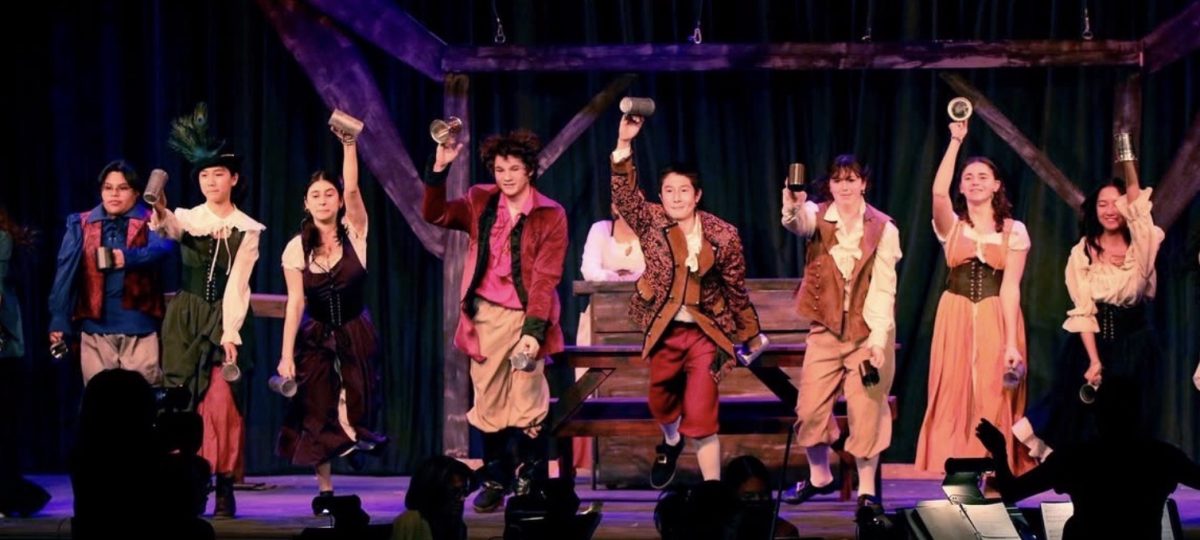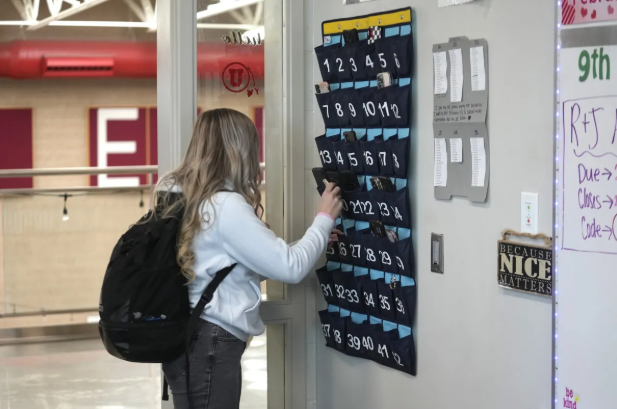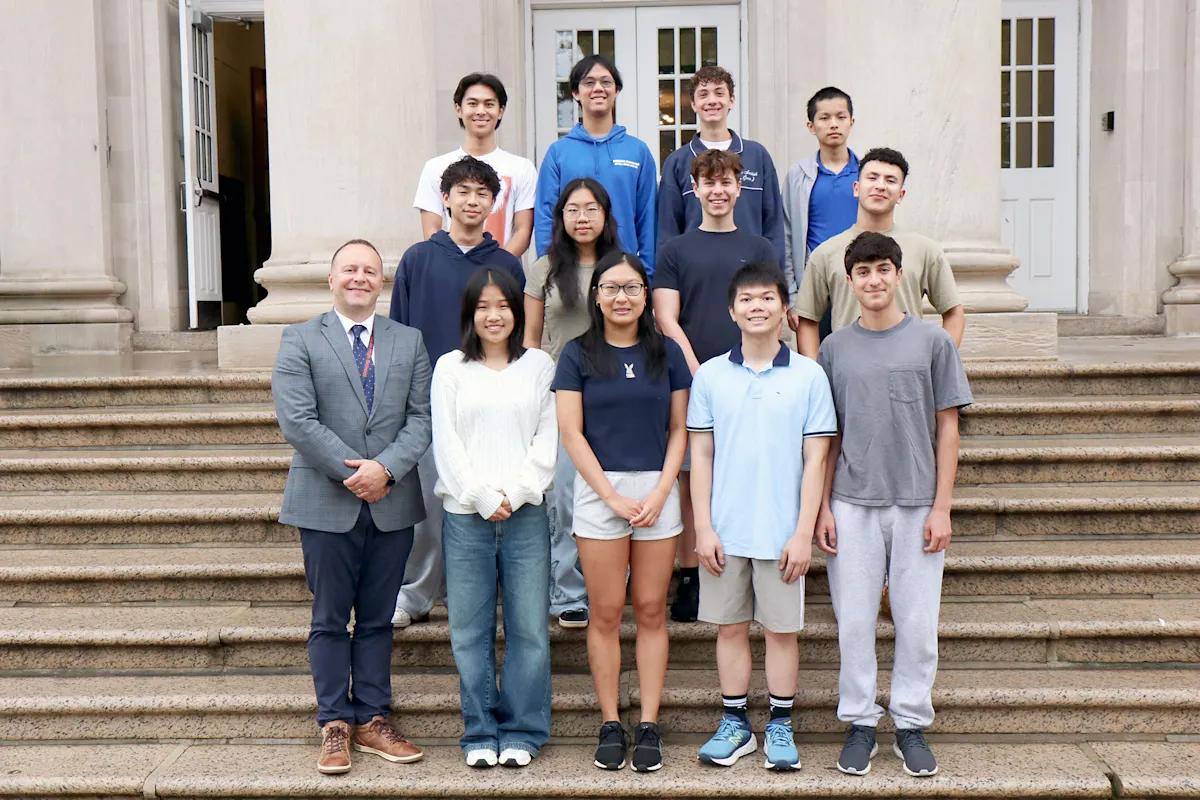The Nobel Prize is awarded each year to the individuals or organizations who have made the greatest advancements in medicine, physics, chemistry, literature, peace and economics. Established in 1895, in the will of Swedish innovator Alfred Nobel, the prize has been regarded as the highest honor for contributions made to society, awarding 1026 laureates over the years medals, diplomas, monetary awards and a permanent spot in the history books.
Medicine and Physiology: A Break Through for the Immune System
This year’s Nobel Prize in Medicine was awarded to Mary Brunkow, Fred Ramsdell and Shimon Sakaguchi for discovering how the immune system learns not to attack its own body.

Normally, the immune system fights off bacteria and viruses but when it gets confused it can attack the body, causing autoimmune diseases, such as type 1 diabetes, lupus and multiple sclerosis. Their research discovered special cells—T Cells—responsible for keeping the immune system from attacking the body, laying the scientific groundwork for autoimmune disease treatments and improving cancer therapies.
“The Nobel Prize in Medicine really stood out to me,” junior Abby Podwall said. “As someone researching diseases in biology, it’s really cool to see how discoveries like theirs can translate into real-world impact and how I’m a part of that.”
Physics: Transforming Quantum Computing into Reality
The Nobel prize in Physics went to John Clarke, Michel Devoret and John Martinis, who discovered how to scale quantum mechanical phenomena to larger scales, such as in computer circuits.

Their research allows for the possibility of building quantum bits, which can store and process information more efficiently than regular computers. This discovery lays the groundwork for practical applications of quantum bits, which would allow for advanced data analysis, aid in cybersecurity, and modeling in physics research.
“I thought the Nobel Prize in Physics was really exciting,” junior Vanessa Chen said. “It’s so cool to see something as theoretical as quantum mechanics actually becoming real, especially since I spent my summer working on quantum entanglement.”
Chemistry: Materials that Could Save the Planet
Chemists Susumu Kitagawa, Richard Robson and Omar Yaghi won the Nobel prize in chemistry for their creation of new materials called metal–organic frameworks (MOFs).
MOFs can reduce carbon dioxide in the atmosphere, purify water, and store hydrogen for clean energy. Their discovery has already influenced new research on climate solutions and environmental engineering, demonstrating how chemistry can directly address global challenges.

Literature: Finding Hope in Chaos
The 2025 Nobel Prize in Literature was awarded to László Krasznahorkai, a Hungarian novelist recognized for his ambitious and deeply philosophical work. Many of his novels explore how people look for hope in chaos and purpose in uncertainty, blending storytelling with the human psyche.
While his style of writing is complex and deeply emotional, it’s regarded as universal and even applicable to North High students. His writing which reflects finding meaning and coping with uncertainty can be seen to mirror high school which also often feels unpredictable and demanding.
Peace: Standing Up for Democracy Under Pressure
The 2025 Nobel Peace Prize was awarded to María Corina Machado for fighting for democracy and human rights in Venezuela. Despite being banned from holding office and arrested for opposing her country’s authoritarian government, she has continued to advocate for free elections and popular governance.

Her selection sparked controversy due to President Donald Trump who has publicly expressed his merit for the prize for his foreign policy record, especially in the Middle East. Machado later dedicated part of her acceptance speech to Trump for his support of Venezuela’s democratic movement, recognizing his importance while trying to end the controversy. Regardless of political affiliations, her award highlights the courage it takes to stand up for justice and current world human rights issues.
Economics: How Innovation Grows the Economy
The 2025 Nobel Prize in Economic Sciences was awarded to Joel Mokyr, Philippe Aghion, and Peter Howitt for their research on how innovation fuels economic growth.
Their work explains that economies grow not just because of money or labor, but because of innovation, as seen from the steam engine of the 1700s to the cellphone of the modern day. For students at North High, their findings offer an important reminder that progress depends on curiosity, creativity, and the willingness to challenge the existing world.
“What’s so amazing about North High is that it offers so many opportunities and experiences for students to explore their passions,” Science Research Teacher Mr. Bambino said. “The Research Department really fosters curiosity and encourages students to ask important, thoughtful questions.”

Across all fields the Nobel prizes highlight innovation, curiosity and a wide array of ideas. Their discoveries show that progress begins with asking questions and refusing to settle for easy answers. That same mindset drives students, including those right here at North High, who are exploring their own ideas and problem solving in all fields through the wide variety of clubs, supporting teachers, and science research program at North High.







